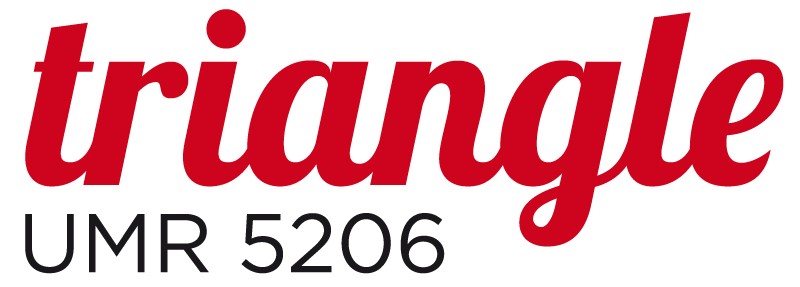
Jean-Louis Derouet participe à l’organisation du colloque : « The tools of the New Public Management : information, persuasion and evidence »
16 juin 2014 à la Maison Interuniversitaire des Sciences de l’Homme Alsace, salle Table-Ronde
Network/Organization
- LE@DS Leading Education and Democratic Schools :
- Organized at the MISHA (Maison Interuniversitaire des Sciences de l’Homme Alsace), University of Strasbourg and research unit SAGE (Societies, Actors and Governement in Europe) France
- With the sponsorship and partnership of the University of Oslo, University of Manchester, and Ecole Normale Supérieure de Lyon
Introduction
In November 2011 a new network, LE@DS or Leading Education and Democratic Schools, was formed to examine issues of policy and governance across Europe. A particular focus of the work of this network has been upon the New Public Management (NPM), an approach to the reform and modernisation of education systems and other forms of public service with far reaching consequences both within and beyond Europe. The first seminar was in Naples, and we discussed issues regarding centralisation and decentralisation in our respective education system. In this second seminar in Manchester we have planned to discuss New Public Management (NPM) with a particular emphasis on the growth in privatisation in the provision of public services. The third seminar in Naples intends to bring one step forward the work of the network Le@ds. Participants discuss their analyses of the New Public Management reforms in the field of education using four analytical maps developed during the works of the 2012 seminar in Manchester. They focus on rationales, purposes and narratives of education reforms ; tools, processes, discourses and materials introduced through reforms ; actual changes, surprises and paradoxes. A book is on preparation : it will present a critical engagement with NPM as a modernising process, not least through the activities of European and international bodies (e.g. OECD, World Bank) and we will use the literatures and current research in order to examine the ideologies and activities within this framework, and we will show the debates, nuances and variations as it has developed over time and within context.
Presentation of the 4th seminar
The aim of this touring seminar is to confront different perspectives on the implementation of the New Public Management (NPM) in different education systems at European level. It follows a series of previous seminars organized in Naples and Manchester which led to the creation of a European network (LEADS) and to the design of a common analytical framework. The first discussions were focused on tensions between centralization and decentralization, then on paradoxes and surprises revealed by the implementation of NPM reforms in Europe. Each country faces specific trajectories regarding political technologies held by the NPM (accountability, market, restructuring of professions, performance management).
During the Strasbourg’s meeting, discussions will focus on tools (indicators, benchmarks, targets, standards, best practices, testing schemes, evidence-based templates, risk assessment, etc.) circulating through the NPM travelling policies. These tools are used in governance through different operating procedures and delivery mechanisms. They mediates various types of contracts and arrangements, agencies and stakeholders, to hold educators more accountable in the spending of public funds and performance. These tools affect also public attitudes towards the State and public services in developing new modes of consumption and demanding expectations from the educative community.
These tools serves also to standardize practices of teachers and principals. They have cognitive effects when they are used as formats of information to adjust projects and behaviours according to objectives of effectiveness, quality and performance. They served also to judge different situations and to attribute meaning and directions to the daily work of practitioners. They are normative when they prescribe actions to be led in submitting them to objectivities, comparisons, transparency and accountability. They put pressure, control and surveillance on activities and people linked to local governance and school management. They are objects of communication and marketization reinforcing competition between schools and districts while influencing the attitudes of parents and other stakeholders.
The seminar will address these issues to understand the way these tools configure the NPM policy in each country. From where do they come ? How were they designed ? By who ? According to what purposes ? What are the consequences on educators, schools, teaching and learning ? Discussions will attempt to explore some shifts towards the Managerial State and to map some continuities, tensions and paradoxes within national contexts.
Programm
 Téléchargements
Téléchargements
